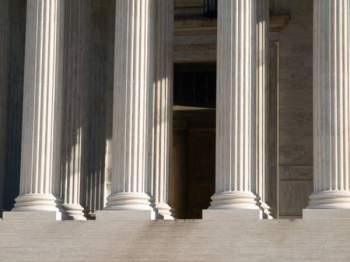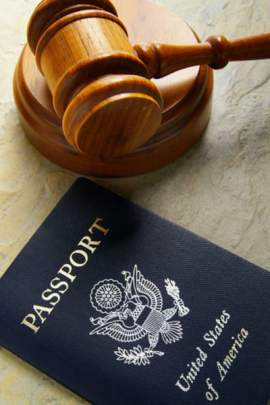
Crosby v. National Foreign Trade Council

Crosby v. National Foreign Trade Council: Background
In 1996, the state of Massachusetts passed the Burma Law, which restricted state entities from purchasing goods or services from companies doing business with the nation of Burma. Following the passing of this law, Congress imposed conditional sanctions on Burma. Business entities with ties to Burma landed on the state’s “restricted trade” list. This list came to include 34 entities of the National Foreign Trade Council, which is a non-profit advocate for American companies that conduct business abroad.
The Council, in response to the passing of the state law, filed a suit against Stephen Crosby, who was the acting Massachusetts Secretary of Administration and Finance. In addition to Mr. Crosby, the suit called out other state officials with claims that the state acted unconstitutionally by infringing on the federal foreign affairs power. Specifically, the suit alleged that the actions of the state violated the Foreign Commerce clause.
During the onset of litigation, the District Court instructed the state act’s enforcement and the court of Appeals agreed. Additionally, the court found that the Massachusetts Burma Law violated the Supremacy Clause because Massachusetts was acting in a unique area of foreign policy and federal concern through a calculated and balanced approach.
Crosby v. National Foreign Trade Council: The Question of the Case
The question in Crosby v. National Foreign Trade Council revolved around whether or not the Massachusetts Burma law was unconstitutional under the Federal Supremacy Clause.
Crosby v. National Foreign Trade Council: The Decision
The case of Crosby v. National Foreign Trade Council eventually made its way to the Supreme Court of the United States where in a majority 9 to 0 vote, the high court ruled in favor of the National Foreign Trade Council.
In a decision delivered by Chief Justice David H. Souter, the Supreme Court in Crosby v. National Foreign Trade Council ruled that the state law did indeed violate the Supremacy Clause. The court held that the State’s law is preempted and its application is entirely unconstitutional according to the Supremacy Clause. Chief Justice Souter wrote for the court that the state’s law created an impediment to the President’s discretion to control economic sanctions against the nation of Burma.
The Supreme Court in Crosby v. National Foreign Trade Council also ruled that the state law interfered with Congress’s intention to limit economic pressure against the government of Burmese. Moreover, in Crosby v. National Foreign Trade Council the court ruled that the state law contested the President’s authority to speak on behalf of the United States to develop a comprehensive Burma strategy. As a result of this ruling, the Massachusetts’ law in Crosby v. National Foreign Trade Council was ruled invalid under the Supremacy Clause.


















